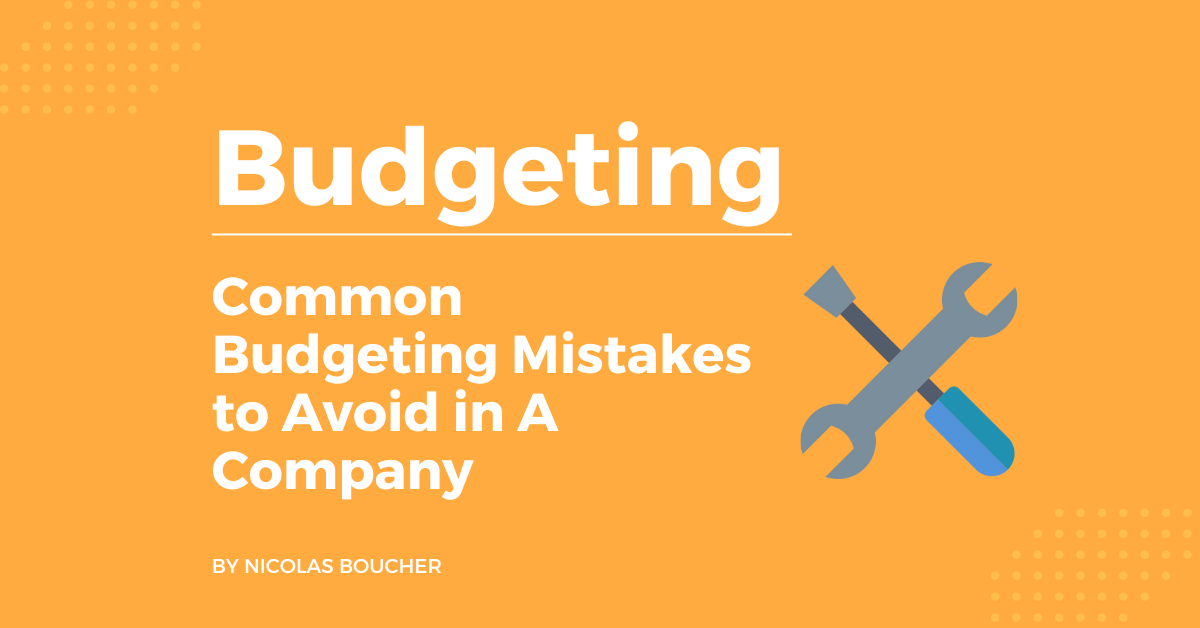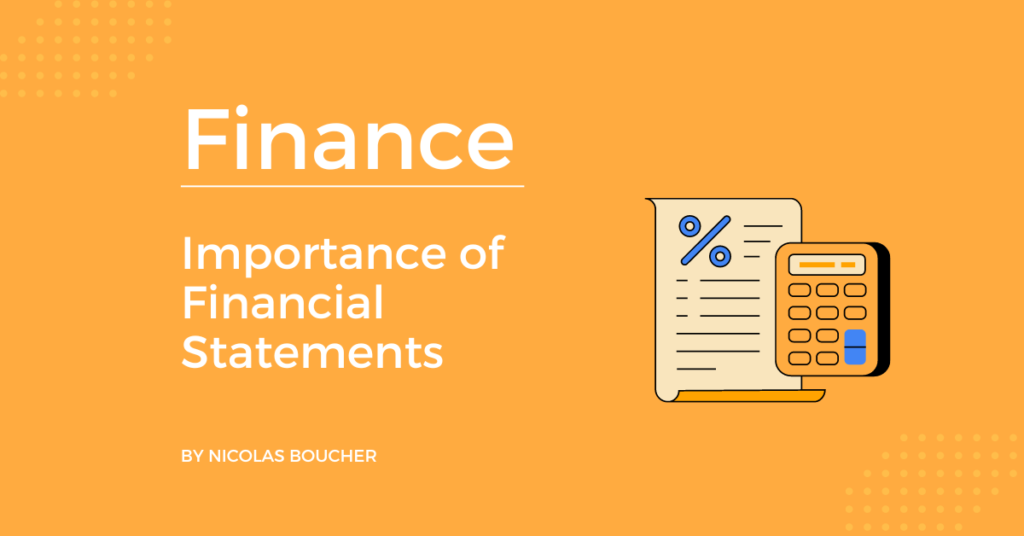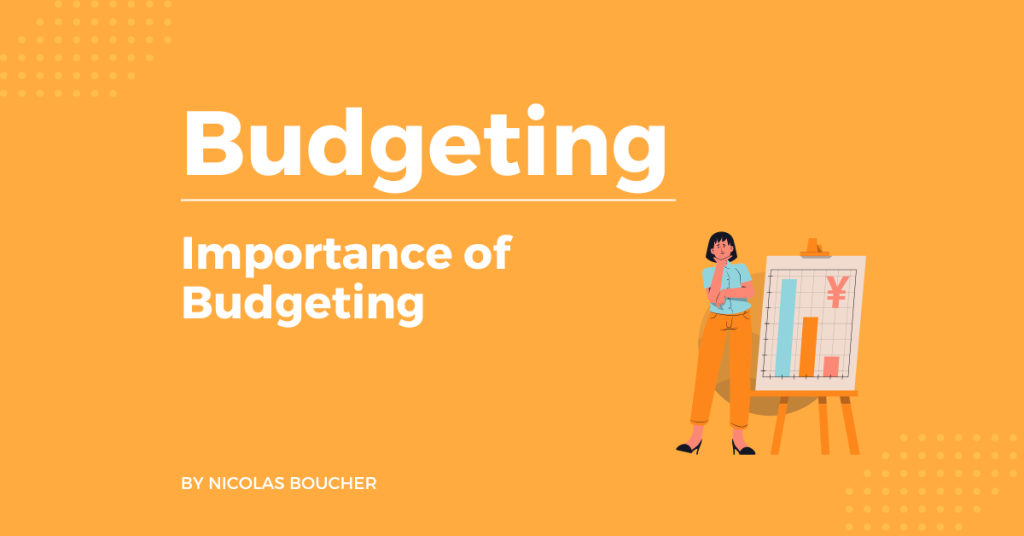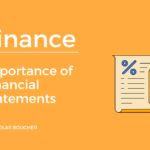Why avoiding common budgeting mistakes is important? Because budgeting is an essential part of financial management for any company.
It allows businesses to allocate resources, plan for future expenses, and make informed decisions that can help achieve their goals.
However, creating a budget can be a challenging task, especially when mistakes are made.
You certainly have spent many hours working on your budget.
And at the end, a last-minute change is making your forecasted financial figures inconsistent and hard to understand.
Here, we will discuss some of the common budgeting mistakes that companies make and how to avoid them.
Table of Contents
What Are The Common Budgeting Mistakes to Avoid?
Here are the most common budgeting mistakes you should avoid working in your company.
#1: Lack of Communication and Collaboration
One of the most significant budgeting mistakes that companies make is a lack of communication and collaboration between departments. Budgeting is not just the responsibility of the finance team; it involves input from different departments to ensure accuracy and completeness.
Therefore, failure to communicate and collaborate can lead to inaccurate budget estimates and missed opportunities.
Solution: It is essential to establish a clear communication plan and involve all departments in the budgeting process. Regular meetings and open communication channels can help foster collaboration and ensure that everyone is on the same page.
Also, by involving different departments in the budgeting process, companies can gather the necessary information to make informed decisions and create a budget that is realistic and achievable.
#2: Overestimating or Underestimating Expenses
Another common budgeting mistake is overestimating or underestimating expenses.
Overestimating expenses can lead to unnecessary budget cuts while underestimating expenses can result in budget shortfalls and financial instability.
Solution: To avoid this mistake, companies should conduct thorough research and analysis of expenses, taking into account past trends and projections.
It is also crucial to involve the relevant departments to provide accurate estimates and identify any potential cost savings opportunities.
During the year, always note which departments are close to their budget and which ones are far away.
Then in the budget process, spend more time with departments that are generally far away from their budget. Challenge the assumptions using historical data or the Zero Based Budget (ZBB) technique (here is more info about ZBB).
#3: Focusing Solely on Short-Term Goals
Many companies make the mistake of focusing solely on short-term goals when creating their budget.
While short-term goals are essential, they should not be the only focus. Long-term goals, such as investments in research and development, employee training, and infrastructure improvements, should also be considered.
Solution: Companies should establish a balance between short-term and long-term goals in their budgeting process.
This can be achieved by creating a budget that includes both operational and capital expenditures, as well as considering long-term objectives when allocating resources.
You should also always make sure that your operational budget is linked to your strategic budget.
#4: Failing to Monitor and Adjust The Budget
A budget is not a one-time task but an ongoing process that requires monitoring and adjustment throughout the year.
As a result, failing to monitor and adjust the budget can lead to inaccurate projections and missed opportunities.
Solution: Companies should regularly monitor their budget and compare actual expenses against budget estimates.
This can help identify any areas where adjustments are needed and provide opportunities to improve financial performance.
This is where the role of FP&A analysts is important: compute new forecasts, evidencing risks, and opportunities, and discuss with management the solutions to remediate issues identified.
#5: Ignoring External Factors
Another common budgeting mistake is ignoring external factors that can impact the budget, such as changes in the market, regulations, or economic conditions.
Failing to account for these factors can lead to inaccurate budget estimates and missed opportunities.
Solution: You should monitor the market (customers and suppliers), stay up-to-date with regulatory changes, and stay informed about economic conditions. (inflation, supply chain risks).
Put in place a process to track a small series of external indicators with triggers that can be escalated in case there are changes impacting your business.
By taking external factors into account, companies can create a budget that is flexible and adaptable to changing circumstances.
#6: Not Involving Key Stakeholders
Not involving key stakeholders in the budgeting process can lead to unrealistic expectations and resistance to the final budget.
Key stakeholders such as department heads, team leaders, and managers can provide valuable input into the budgeting process, and their buy-in can ensure a smoother implementation process.
Solution: Have a clear communication plan and use different communication channels (emails, meetings, one-to-one information, reviews, shared documents, and workflows…).
By including different perspectives, companies can create a more accurate and realistic budget that is supported by the various departments.
#7: Being too optimistic
Being overly optimistic about revenue or cost savings can lead to unrealistic budgets and unexpected shortfalls.
While it’s important to be positive, it’s crucial to be realistic when creating a budget.
Solution: Conduct realistic projections based on historical data and current market conditions.
Also, it’s important to have a mechanism to challenge the results of your budget. For example, use a second method to validate if you did not do any mistakes in your assumptions.
#8: Ignoring Historical Data
Ignoring historical financial data can lead to inaccurate projections and unrealistic budgets.
Historical data can provide valuable insights into past performance and trends, which can inform the budgeting process.
Solution: When you prepare and analyze your budget figures, always add the last actual data available as well as other periods. This will help identify and flag any anomaly.
#9: Not Prioritizing Expenses
Not prioritizing expenses can lead to overspending in less important areas and underspending in critical areas.
It’s important to identify and prioritize expenses based on their importance to the company’s overall goals.
Solution: Give a rating of projects and types of expenses using:
- 1: High priority
- 2: Budget needed to achieve standard objectives
- 3: Only if a good opportunity comes to use the expense to grow business
This will help cut expenses in less important areas to allocate more resources to critical areas.
#10: Not Seeking Expert Advice
Not seeking input from financial experts, such as accountants or financial advisors, can lead to inaccurate projections and unrealistic budgets.
Financial experts can provide valuable insights and recommendations that can improve the budgeting process.
Solution: Companies should seek expert advice from peer companies if they are part of a group or from external advisors, if they have no access to peers.
The Final Verdict – You Can Prevent the Common Budgeting Mistakes
Creating an effective budget is crucial for any business to succeed. However, budgeting mistakes can hinder financial stability and prevent companies from achieving their goals.
In conclusion, budgeting is a critical process that requires careful planning and consideration.
Don’t throw away all of your work by making mistakes in your budget. Pay attention to these 10 mistakes to avoid and make your 2023 budget process better than the one from last year!
Finally, if you want to become an expert in budgeting you can achieve that by taking my course which helped many finance professionals. Also, you can subscribe to my newsletter for more financial tips!











